
Imagine for a moment this scenario.
Let’s say you’re a young man living in conservative rural Australia. As you grow older you begin to realise you’re attracted to other men. Expected to stay in the family business for the rest of your life, your sexuality now becomes a major issue.
You know that if you come out, you will be kicked out, and with no higher education or future employment prospects it is a risk you can’t take.
For you, your only options are to spend the rest of your life hiding your sexuality or to simply end it all.
It is tragic realities such as this that are faced by too many, which is why young gay men are 3.7 times more likely to attempt suicide than their heterosexual counterparts — a figure that increases for same-sex attracted women and even more for bisexual people and trans* people.
Or let’s think of another scenario.
Imagine you’re trans*. Throughout your entire life you have faced discrimination for your gender identity. Now, unemployed, you continue to find it almost impossible to find work, mostly because of the discrimination you face because of your gender identity.
If this is you, you are one of the approximate 9 percent of Australian trans* people who are unemployed today (statistics are from 2008, with this number being more than double the national average at the time).
Stories such as this are too common for my liking.
Trans*, gay, lesbian, bi, intersex, asexual and queer people face a range of different and varied forms of discrimination every day. As a young gay man, I have seen this sort of discrimination firsthand.
It is for this reason that the global queer movement formed. Queer members of our society decided it was time for these injustices to come to an end and for our community to gain its liberation.
Yet, as the queer movement evolves, so many of these stories are being untold. Despite the fact my story as a young, white, middle class queer man is being told, many queer people are still without a voice.
The mainstream queer movement (i.e. the big organisations with the big money) have become focused around a predominately middle to upper class queer agenda. The movement has moved away from queer liberation, to instead focus on allowing a few, special members of the queer community to gain access to the heteropatriarchal society.
For example, for years now the queer movement has become solely focused on a few single goals — mainly those of civil unions and marriage ‘rights’.
Marriage equality has become an all-consuming activity.
Instead of fighting for queer liberation as a whole, we have become obsessed with accessing heteropatriarchal relationship systems. Our queer organisations have now been replaced with those such as Australian Marriage Equality, who are dominating political space. It is now almost impossible to read anything about queer liberation without it being about marriage equality.
And with all of this focus on marriage equality, many other issues have begun to fall by the wayside. Marriage equality has become an all-consuming part of the queer agenda, sucking all oxygen in the broader public space away from a broader discussion on queer liberation.
For example, the organiser of a marriage rights forum (@ToroProduction & @CosmicRami), which featured Kristina Keneally, had this to say to a concerned member of the community:
katedoak Kate Doak: @ ToroProduction Question: Is tonight only on marriage #equality, or are you guys planning on debating other #lgbt issues? cc @KKeneally
_ToroProduction Randel Morris: @katedoak focused on marriage equality tonight, but have lots of LGBT issues we will be fighting for soon! #equality #lgbt
katedoak Kate Doak: @ToroProduction Before or after marriage #equality passes? High #lgbt youth unemployment levels = more pressing than marriage @KKeneally
CosmicRami Rami Social & Mobile: @ katedoak Def. an Issue we wish to discuss down the track, we will be raising that point in a separate future forum :) #equality #lgbt
The message here is clear. Marriage equality is the biggest issue we need to deal — others can wait.
Even when the queer movement does move beyond marriage equality, the campaigns and victories still have a middle class feeling to them. For example, there was a recent (and important) victory over gender identification on passports, which meant that people will no longer have to have gender reassignment surgery before they change their gender on their passport.
When it occurred, this victory was held up by many around the country, who proudly stated “Look, we can focus on marriage equality and still have important victories in other areas”. What this analysis fails to recognise was that it was a victory that was due almost solely to the work of trans* activists, with very little mainstream queer involvement.
Beyond this, the changes still have a very middle class feel to them. Changes to passports do very little for those trans* people who are still unemployed. It is also only those who are wealthy enough to be able to travel who can access passports and gain the benefits of the gender identification changes implemented.
For many, the campaigns the mainstream queer movement are focusing on mean nothing. Marriage means nothing if you can’t even face coming out. A passport is useless if you can’t get a job and therefore can’t afford to travel.
For many, the issues are so much bigger and the problems so much worse.
While we, upper to middle class queers, fight for marriage ‘rights’, there are those who still can’t come out in their community because of discrimination. There are those who commit suicide because they cannot face the homophobia in their community. There are those who cannot get a job because of discrimination they face from potential employers.
There are so many stories that are far more harrowing than someone being unable to get married that simply aren’t being addressed.
I am a gay, white, middle class Canberran in a long-term stable relationship. I am the epitome of the type of person who is likely to benefit from a change to the Marriage Act.
Yet, even as I see this coming closer, I continue to become more and more disillusioned with a queer movement that is becoming so narrow that it is excluding the very people it should be empowering.
By SIMON COPLAND
INFO: Simon Copland works and studies in science communication at ANU. He has strong interest in political movements, with a particular focus on the environment and queer movement. He is the political editor of ACT queer magazine FUSE. He is a member of the Greens and a US politics nerd. Follow him on Twitter @simoncopland.




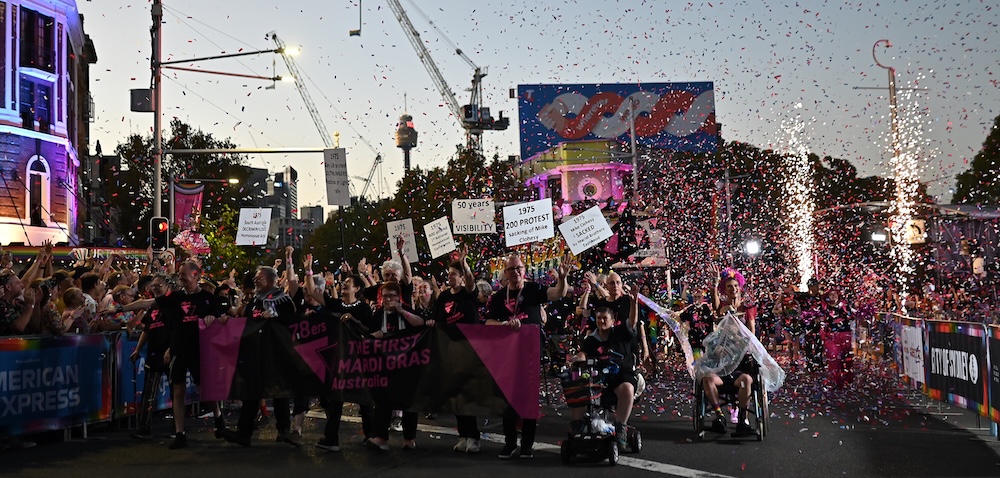
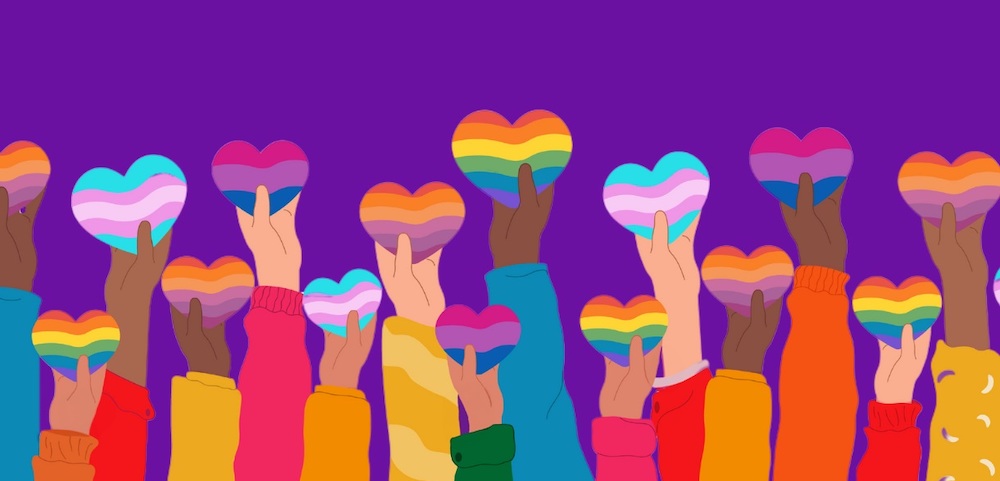
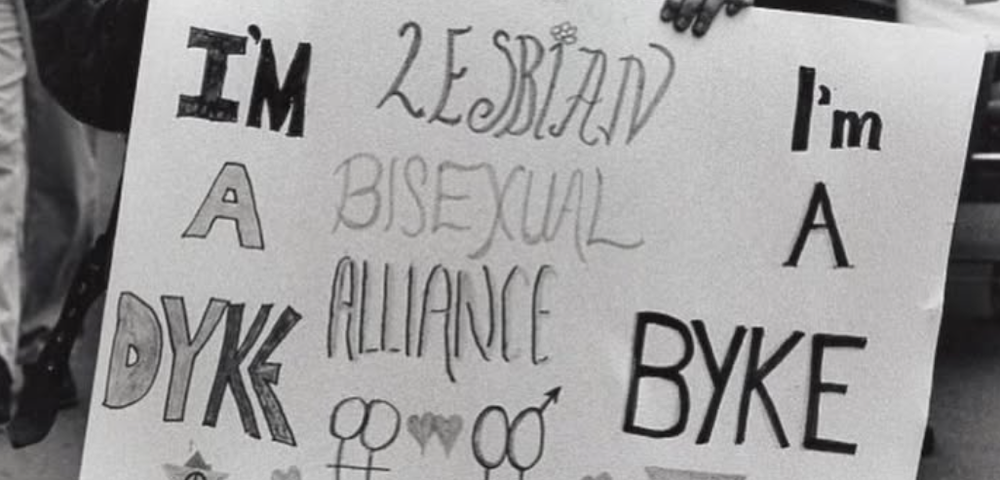
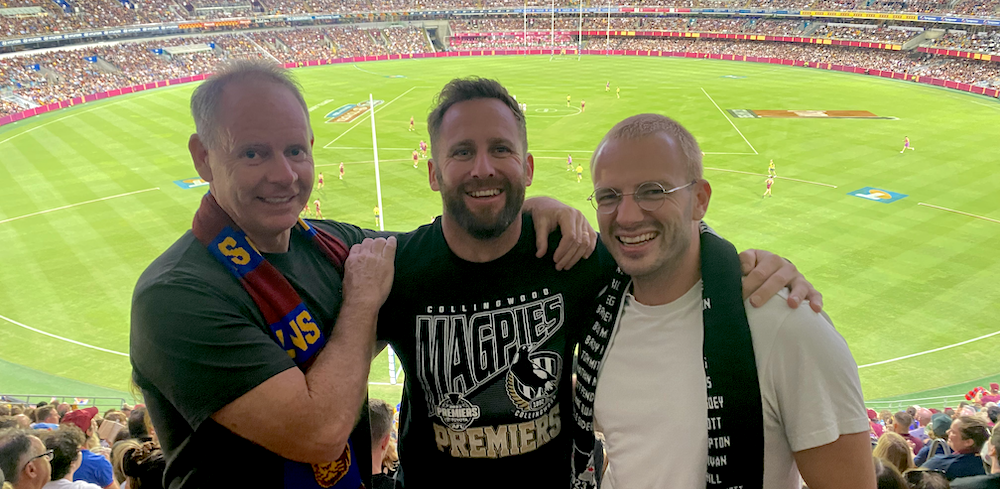
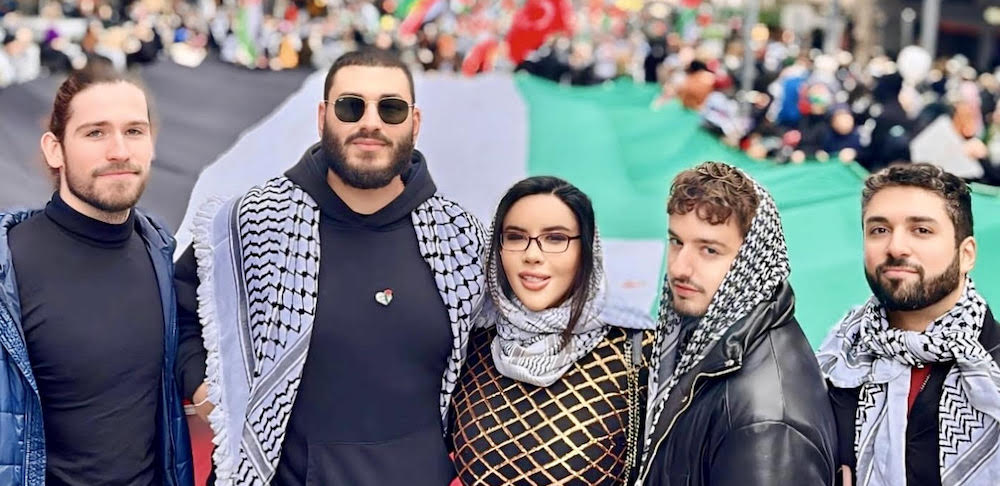
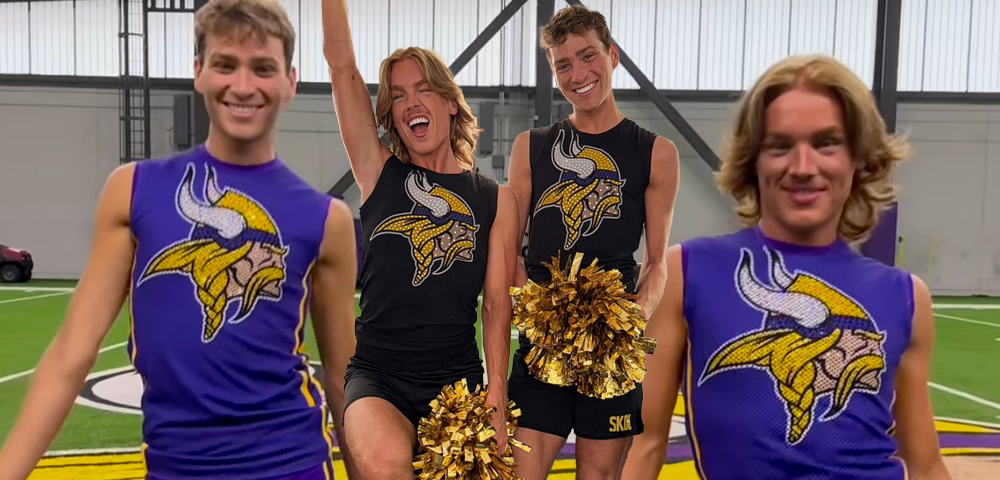
[…] more socially progressive political parties (both the ALP and Greens). Unfortunately this focus has come at the expense of many other issues facing LGBTIQ people. Marriage equality campaigns consume large amounts of limited resources, and at times have actively […]
Hi all,
Thanks for the comments on the piece and sorry for the delayed response.
One quick point I would like to discuss (that I didn’t get into as much in my article). I think we need to be a little careful when we talk about equality as being our main goal. Yes, equality in many areas is important and same-sex marriage is a big area in which queer people are not treated equally by the law (although I disagree that it is the last law change we need to look at). However, I think it is too narrow, and potentially damaging for us to focus solely on equality into current institutions as the answer.
Part of my argument here was that many of our institutions are inherently unequal and exclusionary. Marriage for example, only allows for particular relationship types, leaving many who don’t stick to the social norms it depends on out in the cold. Whilst allowing same-sex couples into marriage breaks down some of these rules, it leaves out many more (e.g. relationships who don’t fit the traditional monogamous couple mold).
As long as marriage is maintained as the main acceptable form of a relationship I think people will always be left out of it. Therefore, what I think we want to do is break down some of these institutions, rather than just fighting for a select few to get into them. This is where I argue for a fight for liberation instead of equality. Equality into bad institutions is not a good thing.
Apart from that, it’s a little difficult to respond individual comments, so if you want to chat more – happy to do so on Twitter (@simoncopland).
Cheers.
Great article, raising some very good points.
It’s become pretty obvious that organisations like AMEquality and co are focussed on gay marriage and that’s about it. Which is fine if that’s what they want to do, but stop pretending you’re about full equality if you’re not.
Hard to take the “High profile members of the Twitter forum” excuse seriously when one of the panel was a puppet. (An actual puppet, not a figurative one)
Well thought out and presented opinion piece. A total pleasure to read. Thank you, sometimes it seems like the combined queer communities are so myopic in the push for marriage equality, that everything else falls by the wayside.
Hi Simon,
Rami here (CosmicRami) who helped organise the quoted Twitter forum in the article.
Firstly, let me begin by saying that I think your article is great and that you raise some very important points in this article.
I would like to kindly just point out that the Twitter forum we organised was dedicated to a one hour session with several stakeholders and community groups participating – about Marriage Equality. Kate raised excellent points about Transgender issues that also need to be addressed and I kindly pointed out (in the interest of high profile participants time) that we would be more than happy to address the issue at another forum.
Kate had my contact details, and I would have loved for her (or anyone) to contact me to commence a new forum in regards to setting up a forum for these issues.
Since then, I have gone on to set up The Community Brave Foundation (Facebook: The Community Brave Foundation; Twitter: @communitybrave) and we will be working with organisations like Twenty10, who are highly skilled and experienced in working with these sensitive and vulnerable issues and addressing them utilising our tool of choice, Social Media. In my humble opinion, creating a forum on Transgender issues, or issues regarding youth suicide, homophobia and transphobia could mean that unintentional damage, rather than good could be committed in such a public space. It would be wise for us to firstly have training by people from Twenty10 who deal with these issues, and then approach a public forum conversation about it.
In our defence I would like to say that in no way did we push other issues to the side. These issues are most certainly some of the highest ranking on my agenda – hence why I created The Community Brave Foundation – as it is focused on short and long term sustainable solutions to homophobia / transphobia, online bullying and youth suicide, of which I consider to be of the highest importance in our community, along with Marriage Equality.
On a personal note – for me Marriage Equality is a key aspect of creating a long term sustainable solution to equality in our society. If we have marriage equality now, then the next 2 generations below us will grow up in households where this is the norm. This has massive downstream impacts as over the long term this will reduce homophobia and transphobia as acceptance and tolerance is a part of everyday society.
I hope this message does not read like an attack, in no way is it delivered this way. Rather, just an explanation as to why we decided to dedicate one hour to marriage equality in that forum. I also love the way you write and your passion behind these causes, and would like to extend the invitation for you to help us with The Community Brave Foundation. We would love to have someone as dedicated to these causes as you are, and someone who is willing to publicly write articles of fantastic value that build community conversation for us.
Thus I will conclude with this question. Can The Community Brave Foundation count on you?
Feel free to email me directly on rami [at] cosmicvillage [dot] net if you are interested or wish to further discuss any of the points I raised above.
Have a great weekend!
Kind Regards,
Rami Mandow
Chairman – The Community Brave Foundation
CEO – CosmicVillage.net
LGBTI marriage is exponentially important. It’s the final legal issue stopping full equality. Without it, society is being told that it’s okay to feel disgusted at LGBTI people, it’s okay to dislike the idea of LGBTI.
And what could be more important to a depressed LGBTI person that society turning around to say, ‘sorry, but we’ve decided you’re okay afterall’?
So therefore marriage equality is massively important.
The only way to cure the depression of LGBTI people is to cure society’s feelings towards us. We do that by, in one or two generations, forcing legal acceptance and thus paving the way for societal acceptance.
The our children will grow up in a world where they always had the rights; where, if any societal discrimination was experienced, they weren’t already beaten down from years of experiencing it; where they, and their peers, can’t even comprehend WHY discrimination was experienced in the first place.
I don’t agree that Marriage Equality is a “Narrow Minded Agenda.” I completely understand the need to identify individuals within a community that has so very many political battles ahead. however, I do think you cannot dismiss the power that gaining full marriage equality will give to others who may not necessarily be effected by it.
I think the important things to remember are;
a) we (whatever letter or lack of in the alphabet soup we are) are demographically and therefore politically, the minority.
b) The Australian voters who are in the majority and require education and (unfortunately) coercion to implement changes through their voting, often aren’t aware of the issues facing the trans, queer, gender queer, bisexual and other communities. From personal experience, many people fear what they do not understand. Full marriage equality in Australia, will open doors for many Australians who would never have exposure to our community and over time, shine a light on the many issues we face. This will educate people and in time, phobia’s and prejudices will start to deminish, creating even more opportunities for every Australian to have the same rights.
Perhaps the issue here isn’t really that there aren’t enough large groups campaigning for issues that effect these people, perhaps it’s that there isn’t enough education around for those who will never be effected by, or even meet (knowingly) a member of these sections of our community.
If you are as you say a “a gay, white, middle class Canberran in a long-term stable relationship,” I would encourage you to go spend some time in rural communities with the very people you’re talking about. Then spend some time with the people they’re afraid of. I’m sure eventually you will realise that although marriage equality isn’t a championed cause that will benefit all within our community, it is certainly the most important in the current climate for bridging the gap with those outside of our community, who also get to make the decisions.
This is a point that Australian Democrats Deputy National President, Tim Neal has been trying to get on the agenda for years now
Thanks for speaking out. Sometimes I feel like this fight for marriage is being waged at the expense of what makes us seperate & unique…I personally don’t want to assimilate & become one with the rest of boring straight society! There are so many other queers who don’t feel part of this narrow minded agenda! The sub-culture.
I agree, it’s important to focus on other issues that face all types of people every day. But I don’t think marriage equality is just a middle to upper class issue. It’s an historic movement in the push for equality…
If Australia becomes another of the large powers to show that they support their homosexual population, then it acts as yet another beacon to all of the other countries that still treat gay and lesbians like they are vermin.
If same-sex marriage is legalised, it is a HUGE step in the direction towards equality. One that in generations to come may prove infinitely beneficial to the boys, girls, men and women who could suffer mass intimidation, torture and even death just for the way they are born. Even from members of their own family.
Sometimes, if the timing is right, it’s important to push for the big things.
But luckily there are people like you in the world to make sure we don’t forget about the other issues, once the large victories have been won.
Whilst your argument is great and I agree that there is definitely a need for a greater focus on other issues, I will have to disagree on something.
“While we, upper to middle class queers, fight for marriage ‘rights’, there are those who still can’t come out in their community because of discrimination. There are those who commit suicide because they cannot face the homophobia in their community. There are those who cannot get a job because of discrimination they face from potential employers.”
I believe one of the greatest forms of discrimination that currently occurs in society, especially one that is so public and done by very high-profile people, is that upon the LGBTIQ community when it comes to marriage equality. It is an issue that has taken years to push and needs as much support as possible to pass.
GLRL does loads of work when it comes to other issues such as youth, the elderly, religious etc. And we do have groups like Twenty10 which actively work to help LGBTIQ youth in need.
There is much more to the marriage argument than just being like everyone else, it’s about being treated like everyone else: Equally.
It’s not a zero sum game. And this ~does~ help normalise things for all of us. I know people who are more accepting of queers in general because they’ve seen the emotion and good here. I honestly don’t understand the whining because we’ve dared to get traction.
Very well expressed. Have you thought about reworking it as a submission to the upcoming Senate inquiry?
https://starobserver.com.au/life-style/for-boys-life-style/2012/02/22/need-help-with-your-marriage-submission/72611#comment-96007
Thank you Mr Copland.